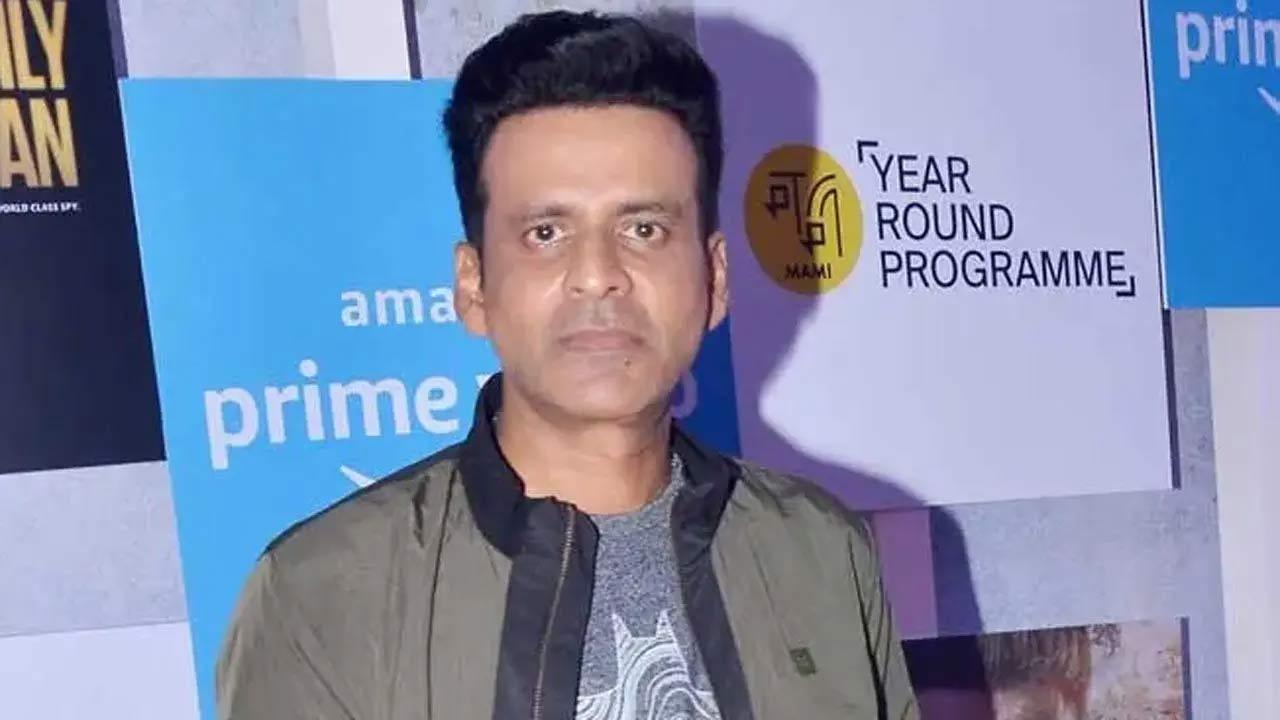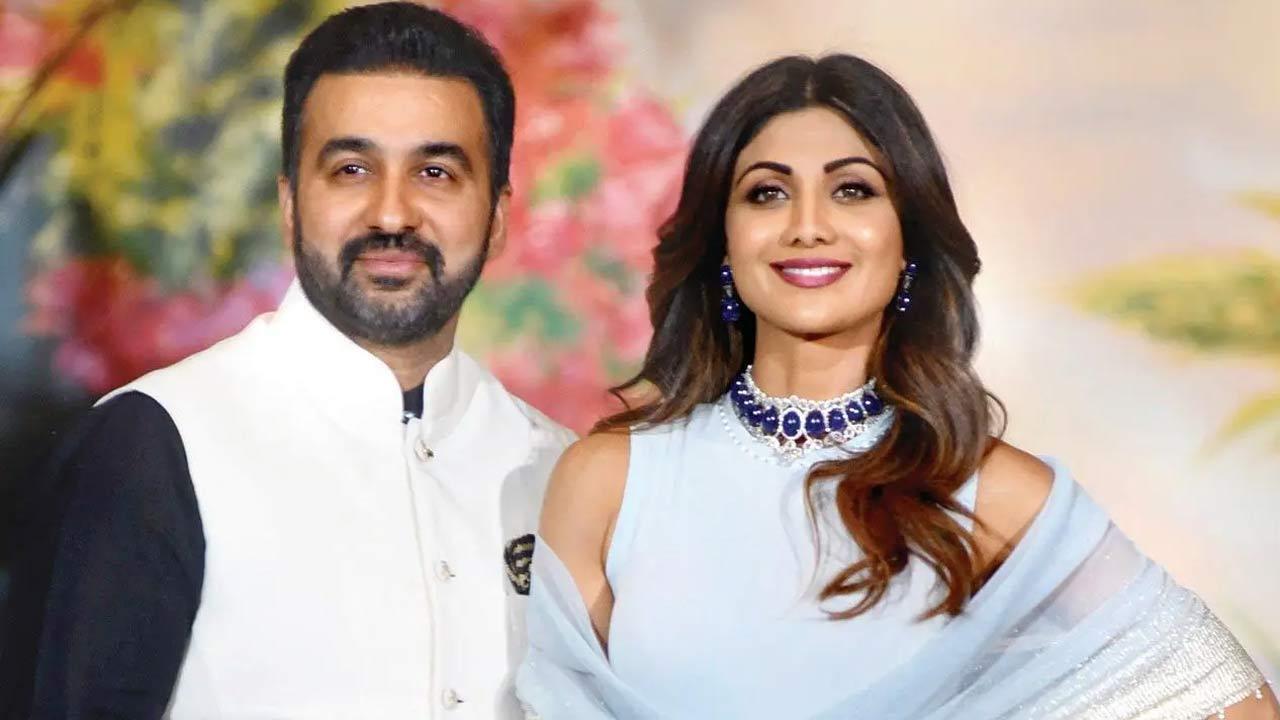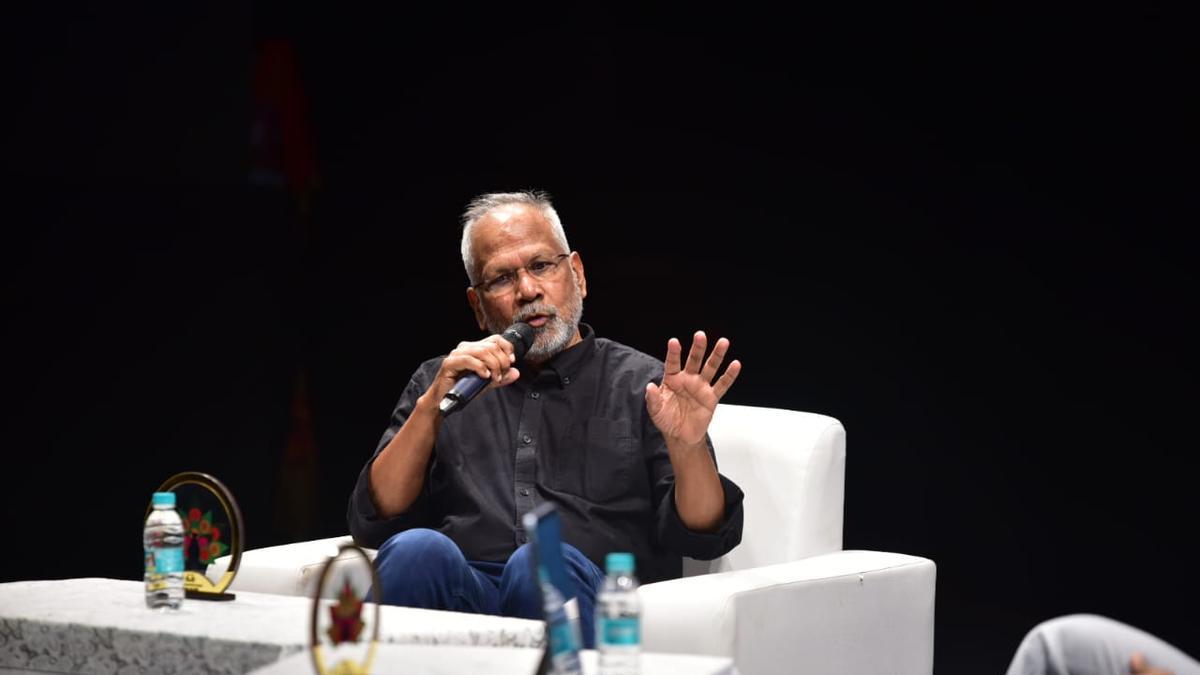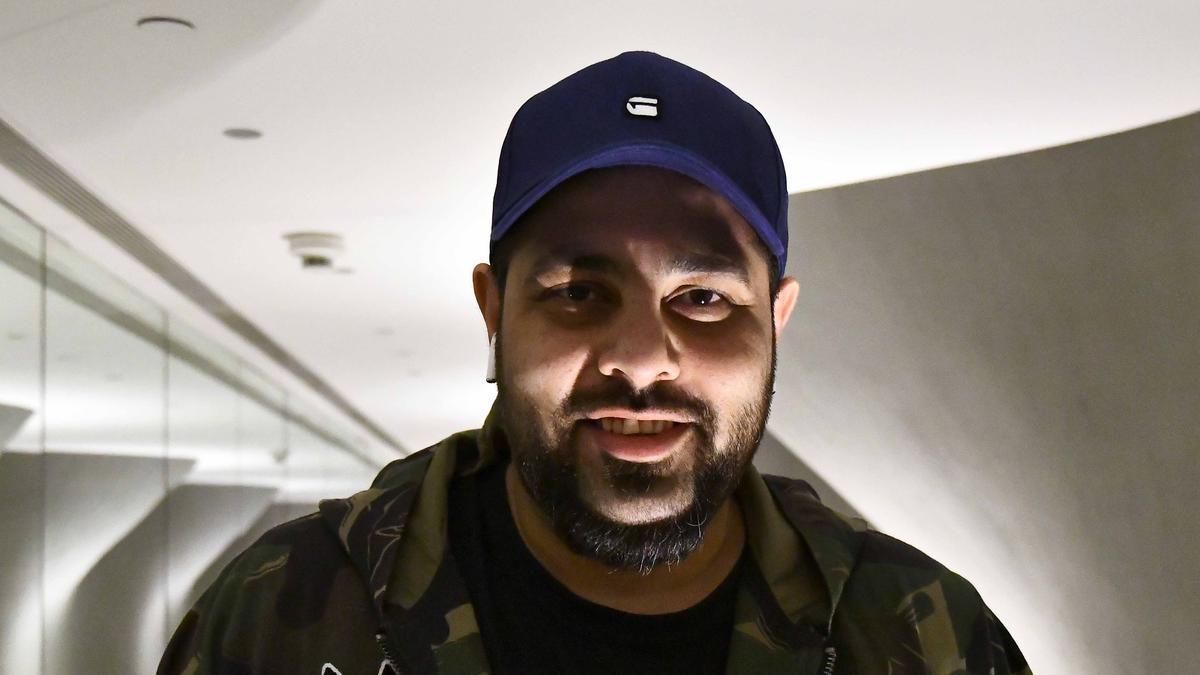
There was a palpable buzz in 2018 about a promising collaboration between Bollywood star Ajay Devgn and celebrated writer KV Vijayendra Prasad. Known as the mind behind the epic Baahubali series, Prasad was poised to tell a poignant story of national integration set against the harrowing backdrop of the 1992 Mumbai riots—a consequence of the Babri Masjid demolition in Ayodhya. However, despite initial excitement and commitments, the project titled “Ayodhya” never saw the light of day, and its compelling story remained untold.
The narrative that Prasad envisioned was profoundly rooted in unity amidst calamity. It centered around a young Muslim boy named Kabir, who endures the loss of his family to Hindu extremists during the riots. Fate intertwines his life with two Hindu boys, also orphaned, but by the hands of Muslim aggressors. These three children, brought together by shared grief and a circumstance that should’ve set them apart, choose solidarity over segregation. They come across a temple of Lord Ram and take a heartfelt oath, mirroring the bond between Lord Ram and his brother Lakshman, to stand by one another regardless of their faiths. Additionally, embracing a one-year-old of unknown religious background, they pledge to live beyond the divisive lines of religion.
Years later, the premise would revisit these characters as adults, presumably continuing to challenge the status quo of communal divides. Devgn was roped in to portray the adult Kabir, embodying the ideals of communal harmony in a nation that has historically been marred by religious schisms.
Recalling the early excitement, Prasad reminisces about the moment Devgn had expressed his keenness on the script. The pivotal meeting took place in the office of producer Pahlaj Nihalani. Devgn, halfway through the narration, was reportedly convinced and ready to commit to the role. However, the collaboration stalled post that affirmation, and the reasons remain unclear. It’s been half a decade since that meeting, and Prasad no longer envisages directing the film himself, though he maintains that the relevance of the story endures.
One must acknowledge that filmmaking, particularly in the realm of controversial historical events, is an intricate art. Many variables, including the political climate, audience reception, and industry dynamics, can affect a film’s journey from conception to release. Nihalani, when contacted, plainly stated his aversion to divisive projects and denied any involvement with “Ayodhya.” Instead, he mentioned that the discussions with Prasad, whom he considers a close associate, pertained to an entirely different film that ultimately did not come to fruition.
As industry insiders whisper about a possible revival of the project, Prasad quashes such speculation. His calendar for the year is wholly dedicated to his directorial venture, “Bhagwa Dhwaj.” For now, the poignant drama advocating national integration through an undeniable human connection remains an unproduced script waiting for a resurrection.
The tale of Kabir and his companions is a microcosm of a society striving towards harmony. The film “Ayodhya,” in its unrealized form, carries a message that resonates deeply with a country still grappling with its pluralist identity and occasionally turbulent past. The question of whether Devgn, or any other actor, would occupy Kabir’s shoes and breathe life into this narrative remains an open-ended coda to the saga.
One can only hope that stories such as these find their path to the screen, as art has the unique ability to bridge gaps that history has dug, fostering conversations that have the power to heal and unify. Until then, “Ayodhya” remains a celluloid dream, potent with possibility but paused indefinitely.










